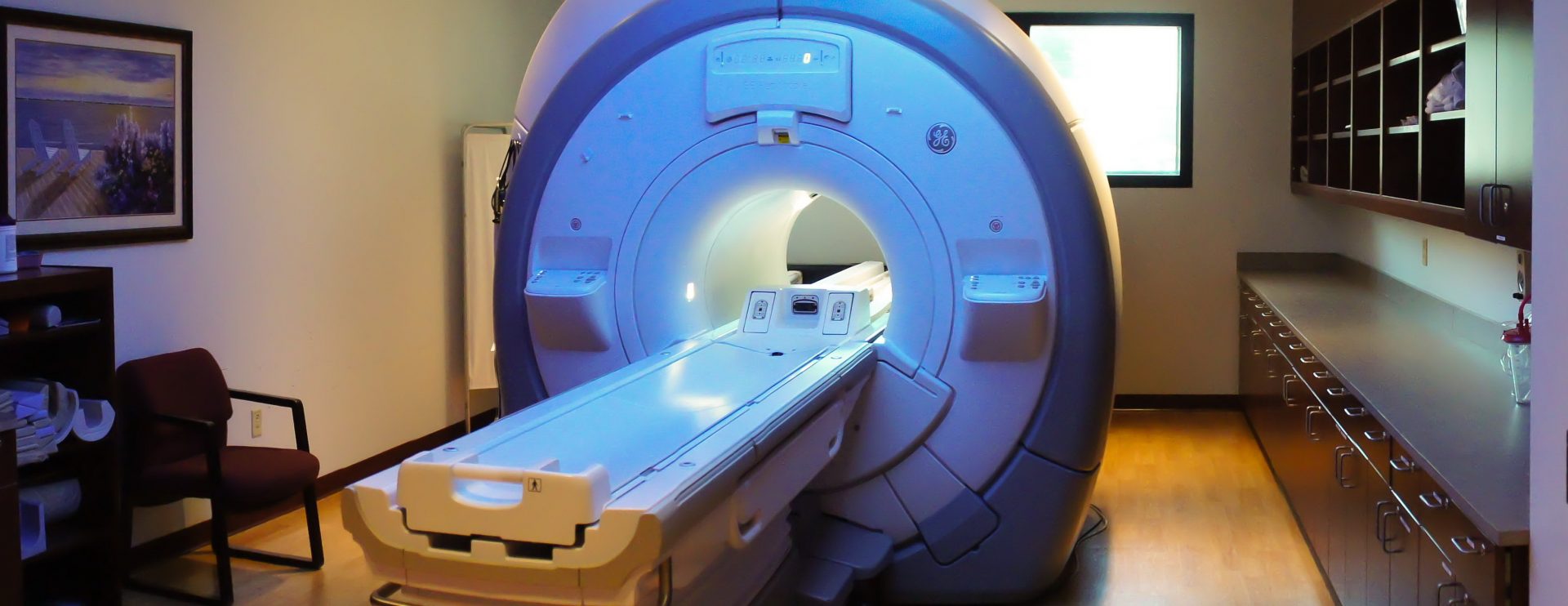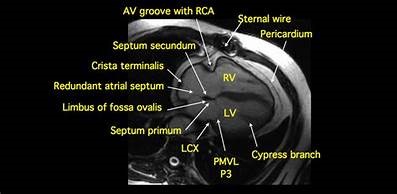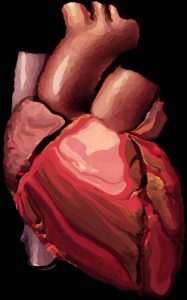February is National Heart Health Month
February is National Heart Health Month, aimed at bringing awareness to the fact that heart disease is the number one cause of death for both men and women in the United States. Many people do not realize that the same number of women die each year from heart disease as men. According to the Center for Disease Control (CDC), over 289,000 women died from heart disease in 2013, or one in four deaths of all female deaths.
Heart Healthy Choices
There is good news. Educate yourself on how to make healthy choices to take care of your heart, because this leading killer in women is also the most preventable. If you smoke, make a plan to quit now and utilize the help of support groups if you need support to stay focused. According to the US Surgeon General, the absolute single most important thing you can do to enhance your health and quality of life is to stop smoking. Visit the American Cancer Society for a complete stop smoking program guide.
Staying active and avoiding excessive alcohol are both things that you can do to significantly reduce your risk of developing heart disease. These choices can ward off several conditions that are precursors for heart disease such as obesity and diabetes.
Seeing your doctor regularly is also important to managing your health. Incorporating these healthy habits into your lifestyle will help to save lives from this silent killer, and can reduce your chances of developing heart disease by up to 85%.
Know the Symptoms
During a heart attack, flow of blood to the heart is blocked and the heart cannot get oxygen, which will cause the heart muscle to quickly die. The most typical symptom of a heart attack is chest pain or discomfort.
Women, however, are more likely to exhibit symptoms of pain in their back, shoulders, jaw, nausea, vomiting, or shortness of breath. Other symptoms may include a pressure or squeezing feeling, or heartburn and indigestion.
Call 9-1-1 immediately if you suspect that you might be having a heart attack. Some people can have a heart attack without exhibiting common symptoms. You may experience only mild discomfort, and symptoms may come and go over several hours and vary in intensity. Women with diabetes may have very mild or no symptoms at all.
Recommendations for Heart Screening
As the leading cause of death in men and women in the United States, knowing your risk factors is important. Cardiac screening includes blood work which is used to check your cholesterol level and blood glucose levels, as well as a blood pressure check. Based on these results additional tests may be ordered, which include an electrocardiogram, (ECG or EKG), an echocardiogram which uses ultrasound to diagnose heart conditions, or coronary CAT scan angiography which uses a contrast and/or a CAT scan to obtain 3-D images of your coronary system and any plaque buildup.
For more informative testing a doctor may request myocardial perfusion imaging, (MPI), also referred to as a nuclear stress test which uses a special camera to take pictures of the heart while at rest and after exercise to assess the effect of physical stress on the heart.
Additional resources can be found on the Center for Disease Control website, at WISEWOMAN.gov, a program that was established to aid women in understanding and decreasing their risk of developing heart disease and stroke. Wisewoman provides a wealth of information and services to support long lasting heart-healthy lifestyles.
 Your friends at Greater Waterbury Imaging Center care about your heart health and urge you to practice heart healthy habits and see your doctor for regular checkups. By following these practices, you will enhance and prolong your life. Here we all are participating in Go Red for Women,, the American Heart Association’s national movement to end heart disease and stroke in women.
Your friends at Greater Waterbury Imaging Center care about your heart health and urge you to practice heart healthy habits and see your doctor for regular checkups. By following these practices, you will enhance and prolong your life. Here we all are participating in Go Red for Women,, the American Heart Association’s national movement to end heart disease and stroke in women.



